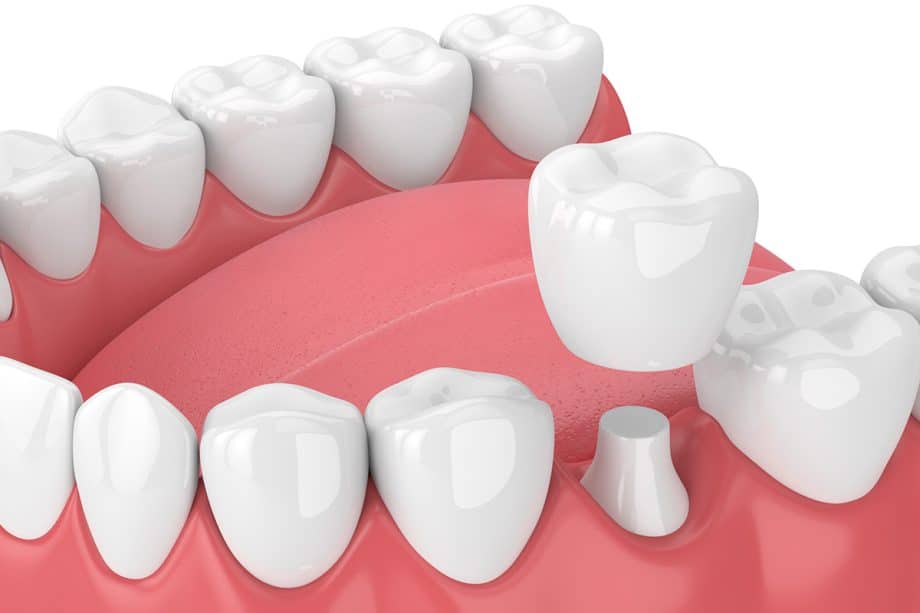Dental crowns are excellent options when a tooth is too damaged or decayed to accept a filling for treatment. Since a dental crown works like a cover or cap placed over an existing tooth, it typically requires some portion of the original tooth to attach so that it stays in place.
What happens if there's not enough of the natural tooth to keep a crown in place? There are treatment alternatives with specialized dental care.
How Much of a Tooth is Required for a Dental Crown?
Every mouth and situation is different. In general, however, a minimum of a quarter of the visible part of the tooth is required to support a dental crown. If there's not enough of the natural tooth present, additional steps will be necessary to provide a foundation that can hold the crown in place.
When Not Enough Natural Tooth is Present
The following may be options if not enough of the natural tooth is present for a dental crown:
- Rebuilding the tooth – If just slightly more tooth structure is required to support a crown, a dentist may be able to reconstruct the natural tooth with a composite material— the same used for dental fillings.
- Post-and-core foundation – If the natural tooth isn't stable enough for a crown, a metal post can be used to help hold the crown in place. Your dentist will clean out the decayed area of the tooth. Then, they will cement a metal post into the root of the tooth and place the dental crown on top of it.
- Dental implant – For individuals with severe decay or damage, a dental implant may be recommended to replace the natural tooth entirely. With this option, the dentist extracts or removes the natural tooth, then implants a metal post into the jawbone to help support the crown.
- Dental bridge – Your dentist will extract the damaged or decayed tooth for this procedure. However, with a dental bridge, an artificial tooth is used to fill the gap. Other teeth or dental implants hold the artificial tooth in place. In some cases, dental bridges may be used to treat multiple damaged or missing teeth, which is beneficial.
Frequently Asked Questions About Dental Crowns
Do Dental Crowns Hurt?
No, dental crowns don't typically cause pain. Your dentist will numb your mouth during the crown placement process to ensure you don't notice any pain or discomfort when your tooth is trimmed to make room for your crown.
How Long Does It Take to Recover After Crown Placement?
After a crown placement, you won't need any "down time." Crowns are a non-surgical solution and don't cause any serious pain or discomfort, allowing you to get back to your regular daily routine right away without taking time off work or adjusting your schedule.
Dental Crowns at Stuart Prosthetic Dentistry
To learn more about dental crowns and other services at Stuart Prosthetic Dentistry, contact us today at 772.286.1606 or request an appointment online. We can offer many modern solutions for your cosmetic dentistry needs.

